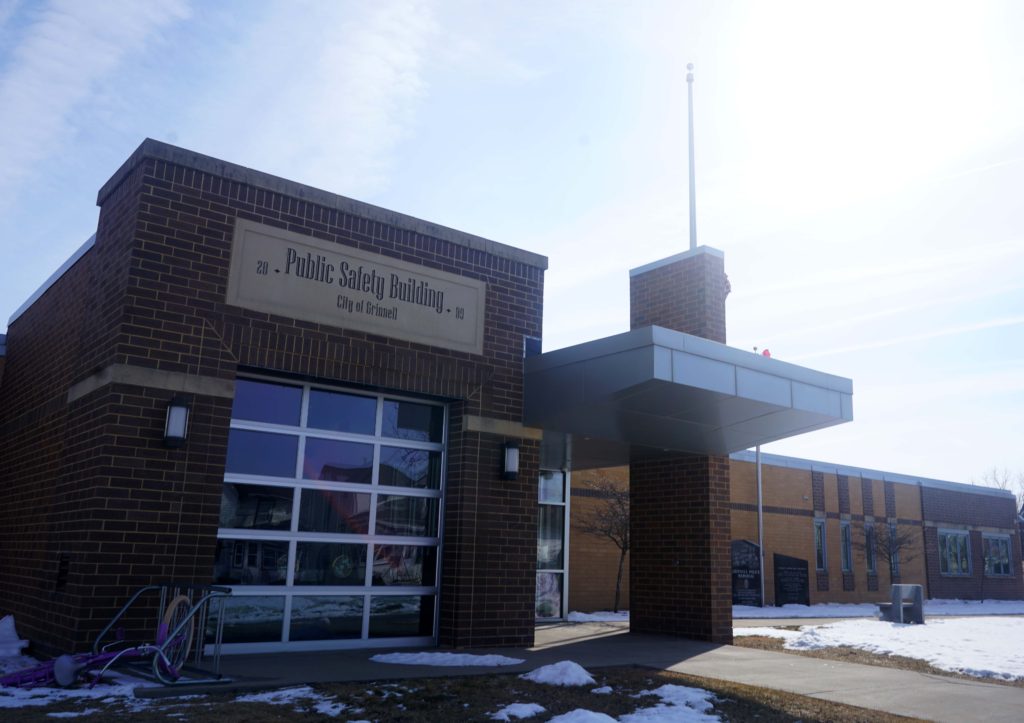By Mira Diamond-Berman
diamondb@grinnell.edu
The Grinnell Police Department (GPD) intends to create a law enforcement mental health liaison, a mental health professional who would partner with law enforcement officers when responding to calls. Plans for this initiative were laid out in the Grinnell Police Department 2021 Annual Report. However, the report claims the initiative has yet to be implemented due to a lack of funding. According to Sergeant Ben Smith, the department intends to use local grants or resources from Poweshiek Country to help fund a partnership program with Capstone Behavioral Health, a mental health services provider located on 4th St.
“I think the goal is to have Capstone be the servicing kind of group since they already provide some mental health services in Grinnell,” said Smith. “They do individual counseling, services, substance abuse services.”
Smith has said that COVID-19 has led to a greater demand in mental health services for adolescents. “I think that a lot of juveniles, school-aged children, I think that [the number of mental health crises] has definitely increased due to COVID,” he said. “Quarantine, these different learning situations, and now they’re back in the schools and getting back into that socialization and stuff can be extremely difficult, because they’re all still developing.”
Smith also said he thinks the demand for mental health services for adults has increased, but did not provide statistics about the demand for mental health services for Grinnell adolescents or adults.
In 2021, the GPD received 53 calls concerning mental health crises, but it is often not equipped to deal with these calls. Although there is a Mobile Crisis Team (MCT) that can help with these calls, its response is often too late.
“The response times for the MCT averages 90 minutes or so, which in most cases the incident is over and handled. It is being recognized throughout the country, as well as the Law Enforcement community, that police officers are not trained sufficiently, or equipped properly, to deal with these issues,” wrote GPD Chief Michael McClelland in the Annual Report.
Currently, the only other resource for mental health crises besides the Mobile Crisis Service is the emergency room.
In the proposed plan, the mental health liaison would always be on call and would immediately arrive at the scene and then provide further resources once the situation deescalates. The professional would have the authority to create a long-term solution by connecting the person with mental health resources.
“We have really advocated for them to be a 24-hour service and embed with our officers,” said Smith. “The goal for this would be for there to be a social worker, or, you know, psychological professional that could manage follow-ups for these people.”
Smith said he thinks the initiative would be a huge benefit to the mental health of the Grinnell community, but that the start of this program is dependent on funding. Smith did not say whether funding could be redirected from current programs within the GPD.



























































